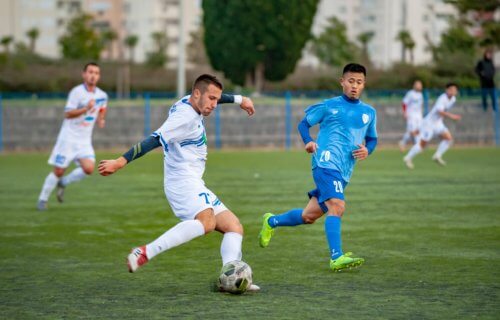MOSCOW — When professional athletes face off against their old teams, they often seem to have an extra chip on their shoulder and play better. Now, a new study from Russian researchers finds there really may be such a thing as a “revenge” game. Their study reveals athletes’ emotions have a much greater effect on their performance when taking on their ex-teammates.
For the study, researchers from HSE University, RANEPA and NES analyzed econometric models on game data from the NBA, NHL, and six European football leagues. Gathering data from NBA.com, Hockey-Reference, and Understat, researchers examined player performance over time, including history of transactions and players’ games against their former teams. The variables included the dates and venues of the games, players’ home and opposing teams, playing time, individual game statistics, and several other advanced performance indicators.
There’s no place like home
Athletes performed exceptionally better at their former home stadiums against their old teams compared to newer venues. Researchers also found both NBA and NHL players took more shots against their ex-clubs. This also included those who saw little to no playing time on their former teams, with study authors saying these athletes may have felt they had something to prove.
NBA and English Premier League soccer players who received little playing time on their old squad made more shots against their former teams. The same was true for NHL players as well. Researchers state that motivation and emotions are the key factors affecting an athlete’s performance.
“Realistically, it’s not like any other game, especially when you first play that former team,” says former NFL player Barry Cofield in a media release.
Athletes appear to get an extra dose of motivation playing against their former teammates. Athletes want to compete at their best since these games arouse such strong emotions. Researchers add that emotions such as anxiety and anger have the greatest effect on an athlete’s performance.
Taking the lead
The team also found that athletes taking on their former teams were a tad bit more selfish during the game. They tended to shoot more rather than pass to their teammates.
Researchers believe their findings can apply to most situations involving an employee’s performance in competition against their former employer and can also be relevant to sociology and management theory.
“Employees are motivated to perform better against their former employers. Situations in which one’s former and current employers compete are not limited to sports but include bidding for contracts, power struggles between political parties, and marketing campaigns. An additionally motivated employee can turn things around in such confrontations and increase their current employer’s chances of success,” the HSE Laboratory of Sports Studies researchers conclude.
The study is published in the Journal of Behavioral and Experimental Economics.
